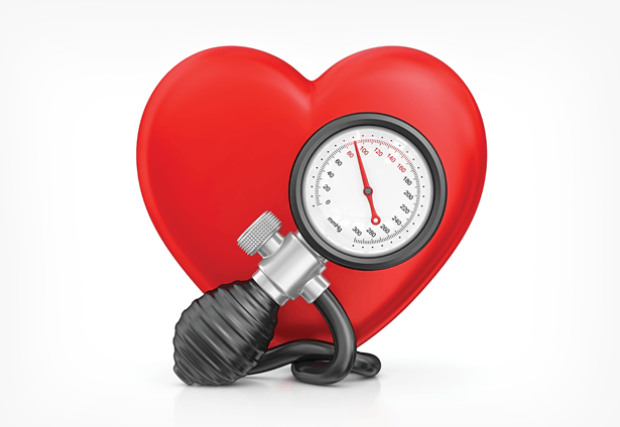What do your blood pressure readings mean?
 Your blood pressure can provide important information about your health, says Raul Casares, RN, BSN, Emergency Department Director at Fort Duncan Regional Medical Center. If your blood pressure is high, this means that your heart has to work harder to move blood through your body’s arteries and veins, he explains. Casares says it is important to know your blood pressure and talk with your doctor about keeping it within healthy levels.
Your blood pressure can provide important information about your health, says Raul Casares, RN, BSN, Emergency Department Director at Fort Duncan Regional Medical Center. If your blood pressure is high, this means that your heart has to work harder to move blood through your body’s arteries and veins, he explains. Casares says it is important to know your blood pressure and talk with your doctor about keeping it within healthy levels.
Normal Blood Pressure
*Less than 120/80
The top number (120) is the systolic pressure, or the pressure in the arteries when the heart muscle contracts; the bottom number (80), the diastolic pressure, represents the pressure in the arteries between heartbeats.
Prehypertension
*120/80 to 139/89
This means you have elevated blood pressure that will probably turn into high blood pressure unless you make changes to your health and lifestyle (see “Managing Your Blood Pressure”). Having prehypertension increases your risk of cardiovascular problems related to hypertension (see next).
Hypertension (High Blood Pressure)
*140/90 or higher
If left untreated over time, high blood pressure puts you at increased risk of possible heart attack or stroke. It also may damage your kidneys and lead to possible kidney failure. You may not have symptoms, but if you experience headaches, throbbing in your ears or changes in vision, these are signs of seriously high blood pressure and you should see your doctor right away.
Managing Your Blood Pressure
Maintaining a healthy weight and exercising regularly are two of the most important things you can do to help support a healthy blood pressure. Your doctor also may recommend medication.
*American Heart Association
There are machines you can use to check your blood pressure at home. The American Heart Association recommends home monitoring for all people with high blood pressure to help healthcare providers determine whether treatments are working.
For more information about blood pressure and heart health, visit the American Heart Association at www.heart.org.

